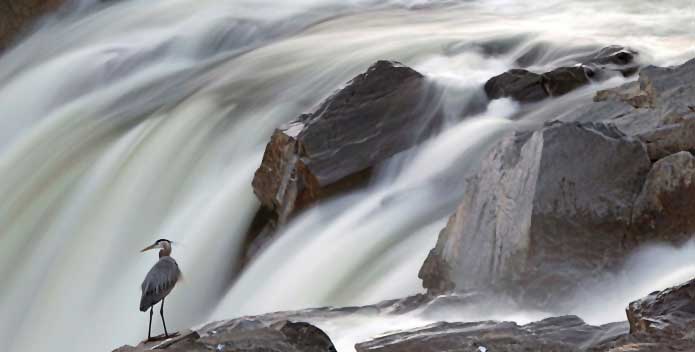Litigation is used to not only protect and enforce the current environmental laws but to bring about environmentally friendly change within our legal system. CBF attorneys argue cases in the federal and state courts within the watershed and file amicus curiae—also called friend of the court—briefs in related environmental lawsuits.
Learn more about CBF's active cases, concluded cases, amicus curiae (friend of the court) briefs, and relevant judicial decisions.
Litigation attorneys and staff also work directly with CBF's Environmental Protection and Restoration Department, attorneys, scientists, and grassroots organizers to ensure a healthy and resilient Chesapeake Bay ecosystem.
Environmental Justice and Litigation
CBF’s Litigation Department works closely with communities throughout the watershed to identify opportunities to address and prevent environmental injustices. Combatting environmental injustice begins with ensuring that communities have equal access to the decision-making process and pushing regulators and polluters alike to take meaningful steps to evaluate potential impacts from proposed and existing projects in vulnerable communities.
Environmental justice recognizes that low-income communities, communities of color, and other vulnerable and marginalized populations bear a disproportionate amount of harmful environmental burdens. Often, infrastructure in these communities receives less scrutiny in the permitting process, leading to the development and operation of facilities that are detrimental to public health and the environment. Through litigation designed to assure equitable enforcement of federal and state environmental laws, CBF hopes to save the Bay—for everyone.
Title VI Administration Complaint
On May 28, 2024, CBF and the Environmental Integrity Project (EIP) filed a Title VI Administrative Complaint on behalf of the South Baltimore Community Land Trust with the United States Environmental Protection Agency’s Office of External Civil Rights. Title VI of the Civil Rights Act of 1964 prohibits recipients of federal financial assistance from discriminating on the basis of race, color, or national origin. The Complaint alleges discriminatory and disparate impacts resulting from Baltimore City and the Baltimore City Department of Public Works issuance of the 10-Year Solid Waste Management Plan: 2024-2033. The complaint alleges that the Solid Waste Management Plan fails to adequately plan for a transition away from reliance on the Baltimore Refuse Energy Systems Company (BRESCO) municipal waste incinerator located in South Baltimore’s most disadvantaged communities. BRESCO is one of the largest stationary sources of industrial air pollution in Baltimore City and the continued operation contributes to unequal health risks faced by those living in the surrounding communities.
CBF’s environmental justice work has been recognized in the following legal publications:
-
In May 2022, an article by then-CBF Vice President of Litigation Jon Mueller and Environmental Justice Staff Attorney Taylor Lilley was published in the Public Interest Law Review. "Forty Years of Environmental Justice: Where is the Justice?" examines the history of environmental justice (or EJ) primarily through the lens of the U.S. Environmental Protection Agency and the White House, and evaluates the progress made in terms of regulations and permitting. It also examines recent administrative and judicial decisions addressing EJ claims and, in conclusion, provides recommendations for ways in which EJ issues can be better presented and addressed.
-
Wortzel, Andrea and De Las Casas, Viktoriia (Summer 2021) State Laws Provide New Pathways for Environmental Justice Claims, Natural Resources & Environment, Volume 36, Number 1, American Bar Association
- Farah, Niina (October 4, 2021) Landmark EJ Ruling Sparks Legislative Reckoning in Virginia, E&E News Energywire
News
-
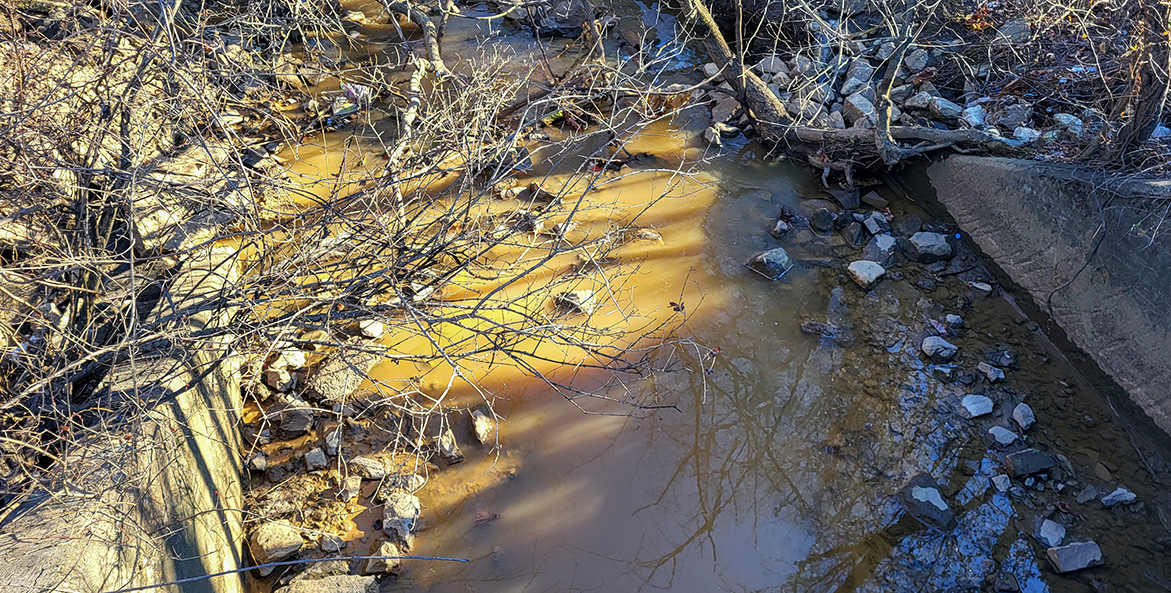
Chesapeake Bay Foundation, Baltimore County Residents File Legal Challenge Against Middle River Depot Developers
March 21, 2025
To protect communities and waterways from toxic polluted runoff in Baltimore County, the Chesapeake Bay Foundation (CBF) and several concerned residents filed a legal challenge against developers of the 53-acre Middle River Depot property.
-
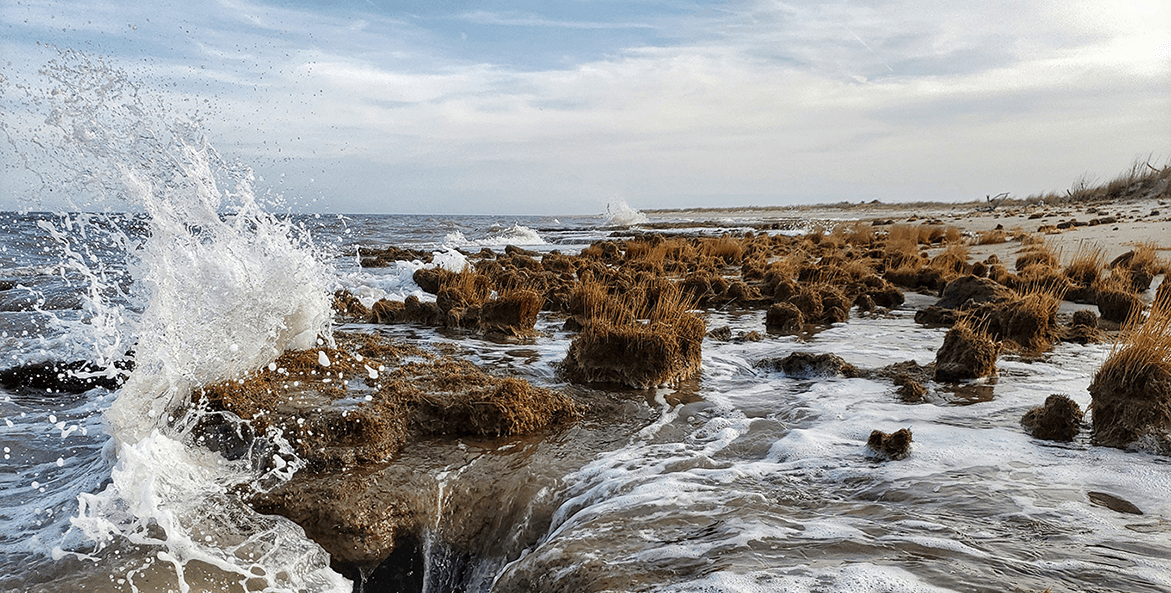
Five Ways We’re Advocating for the Bay in 2025
January 16, 2025
Despite a shift in the political landscape this year, we’re committed as ever to fighting for the Bay in 2025.
-
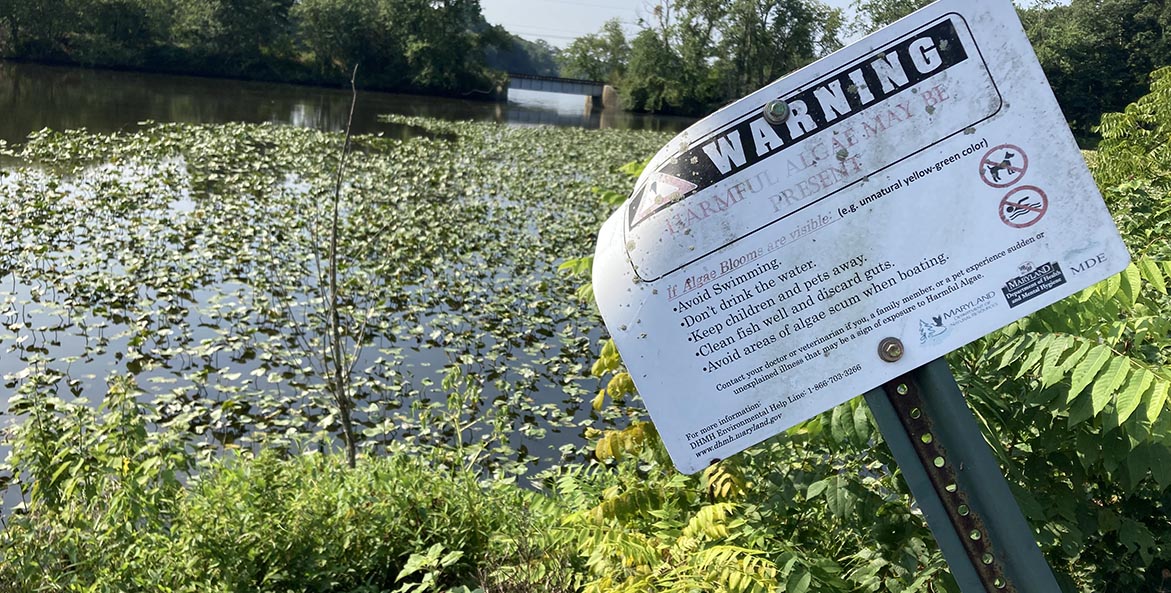
Maryland Must Revise Valley Proteins Wastewater Permit, Court Decides
November 25, 2024
In a huge win for clean water and the health of the Chesapeake Bay’s tributaries, the Circuit Court for Dorchester County has ruled that the Maryland Department of the Environment (MDE) must revise its wastewater discharge permit for Valley Proteins’ animal waste rendering plant on Maryland’s Eastern Shore.
-
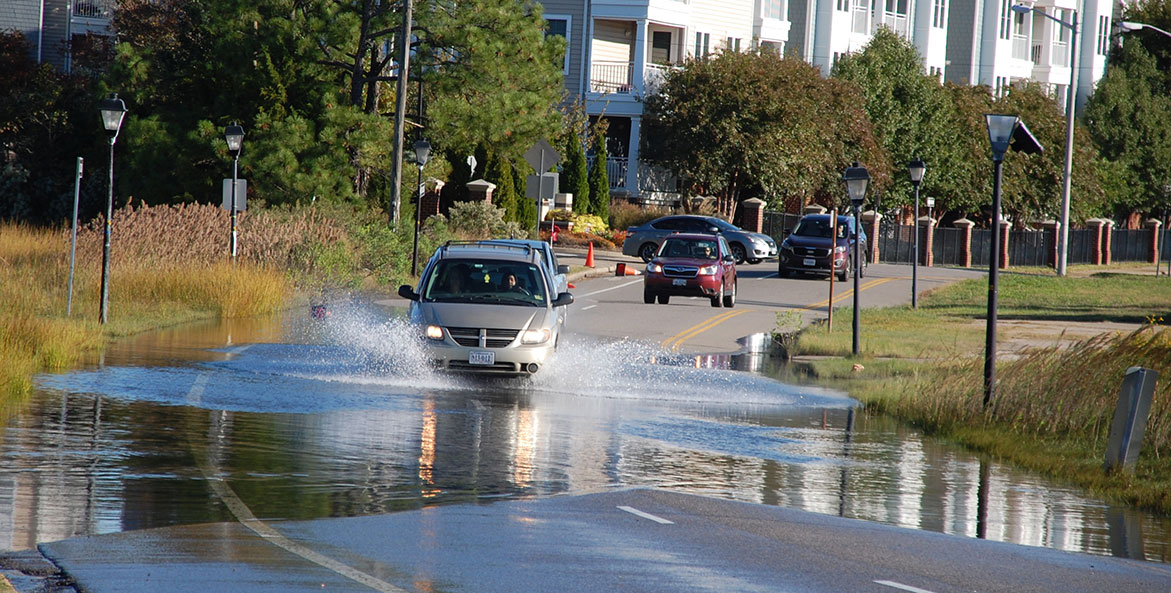
Judge Rules Virginia Unlawfully Withdrew From Carbon Emissions Reduction Program
November 21, 2024
A judge released his opinion stating that Virginia unlawfully withdrew from the Regional Greenhouse Gas Initiative (RGGI), a multi-state carbon emission reduction program that also provided much needed funding for energy efficiency and resilience programs in the Commonwealth.
-
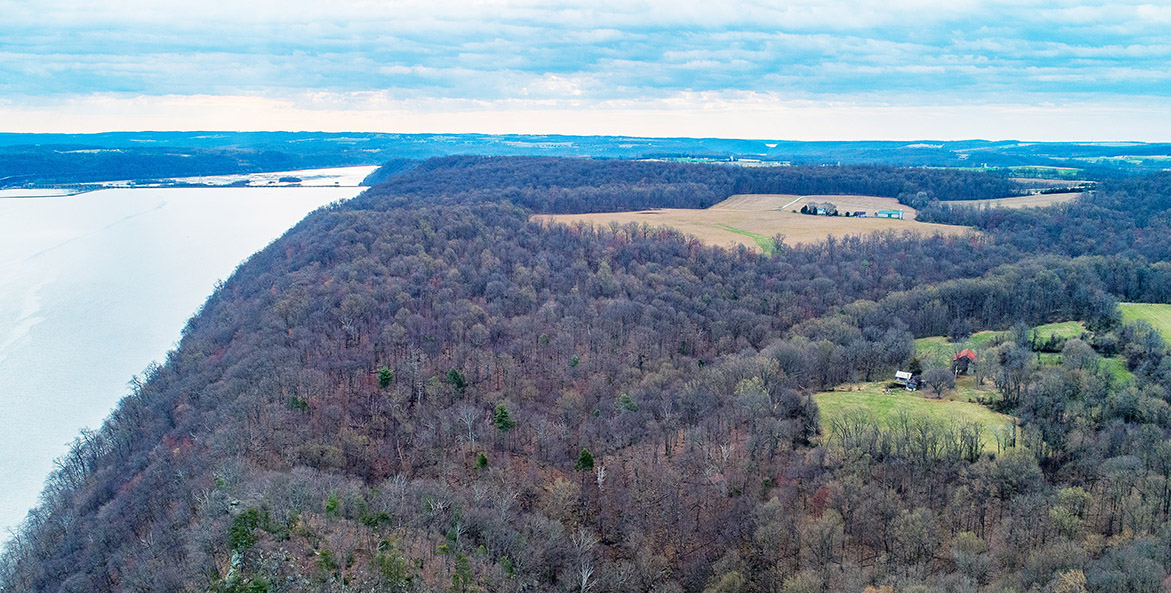
CBF Will Fight Preliminary Permit Granted For Proposed York County Hydroelectric Facility
November 21, 2024
The Chesapeake Bay Foundation (CBF) is considering its next move in the fight against plans to create a hydroelectric facility in York County and build a 1.8-mile-long dam and flood 580 acres of farms, fields, and forests at Cuffs Run.
-

Chesapeake Bay Foundation Urges Virginia Communities to Apply for Climate Adaptation Grants
September 25, 2024
Another round of grant funding opened this month for projects that strengthen communities’ resilience to climate change and protection from extreme weather through the Community Flood Preparedness Fund.
-
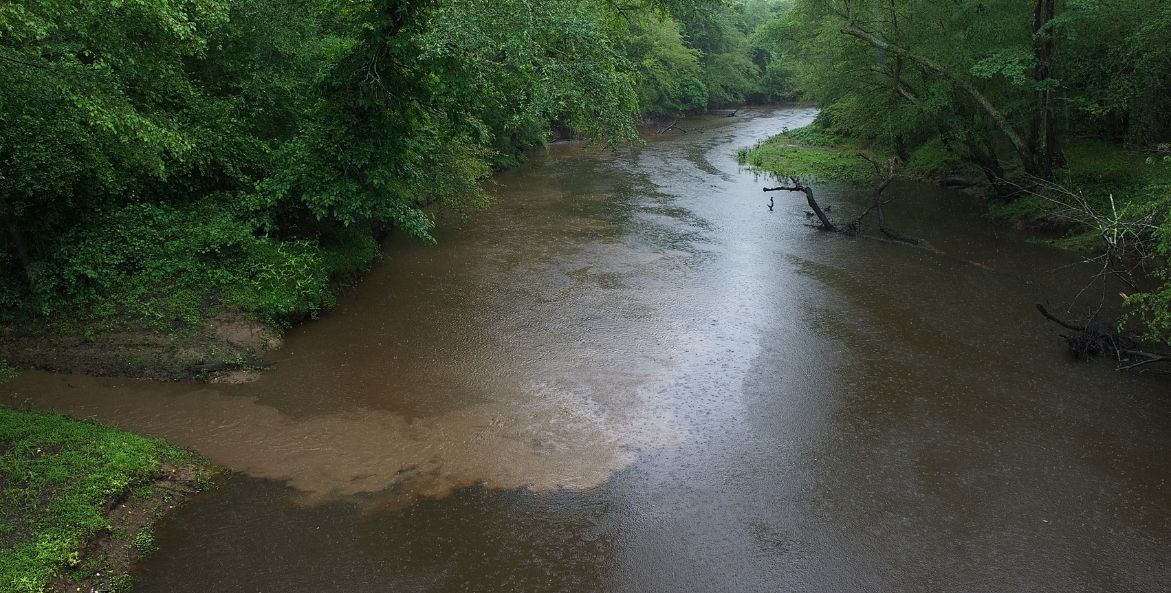
Maryland Sues Harford County Developer for Water Pollution Violations
September 6, 2024
In an important stand to reduce harmful polluted runoff from entering the Gunpowder River in Harford County, Maryland’s Office of the Attorney General, on behalf of Maryland Department of the Environment (MDE), filed a legal complaint today against developers of the Ridgley’s Reserve housing development for ongoing water pollution violations.
-
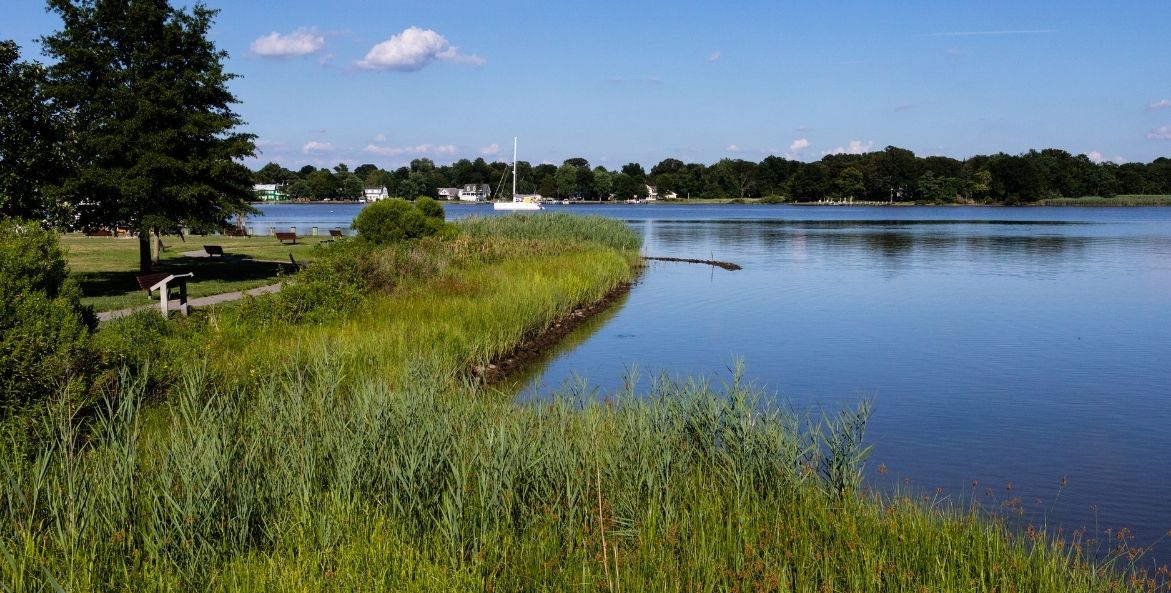
Kent Island Development Faces Legal Opposition
August 23, 2024
In the fight for a healthier community and Chesapeake Bay, advocates have taken legal action against Kent Island’s Chesterhaven Beach residential development project.
-
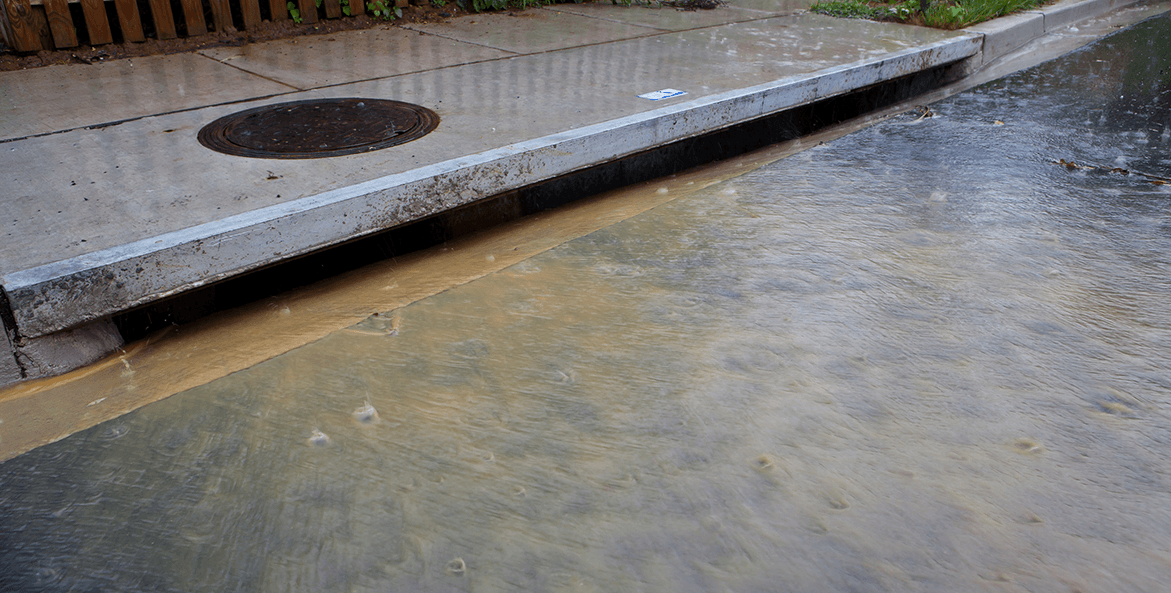
CBF Applauds Gunpowder Riverkeeper’s Action Against Ridgley’s Reserve Pollution
August 8, 2024
In a strong effort to reduce harmful polluted runoff from entering the Chesapeake Bay, Gunpowder Riverkeeper has filed a ‘Notice of Intent’ to sue the new Ridgley’s Reserve housing development in Joppatowne, Maryland under the Clean Water Act.
-
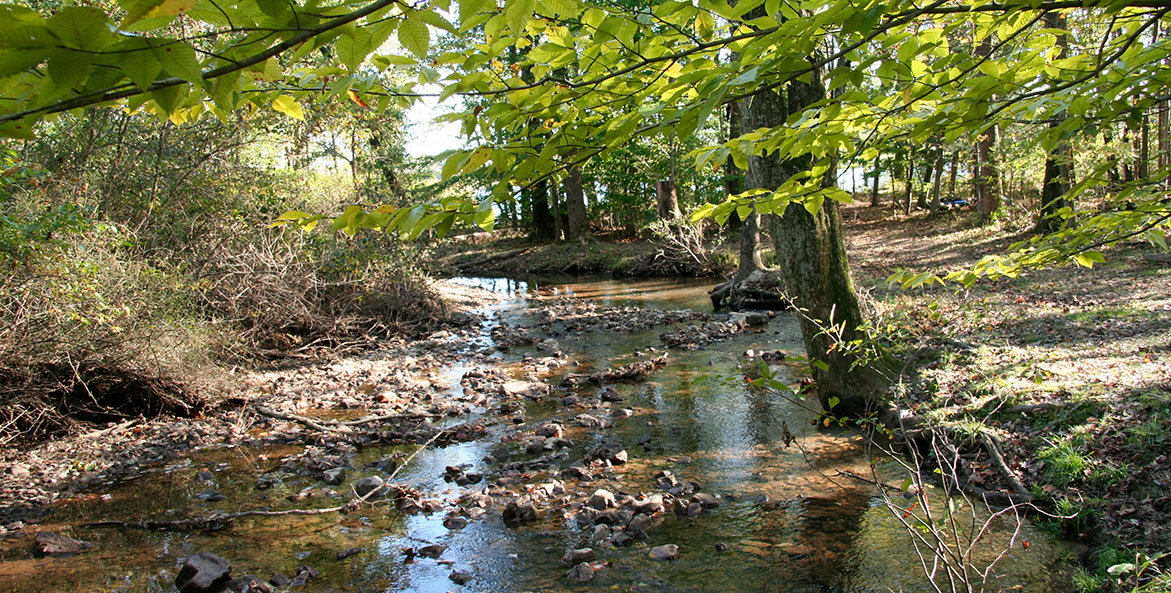
PA Supreme Court Should Reverse Regional Greenhouse Gas Initiative ‘Tax’ Decision
July 30, 2024
Citing the fundamental right Pennsylvanians have to clean air and pure water, the Chesapeake Bay Foundation (CBF) has filed a brief asking the Pennsylvania Supreme Court to reverse a Commonwealth Court decision that led to its voiding the state’s participation in the Regional Greenhouse Gas Initiative (RGGI).
Podcasts
-
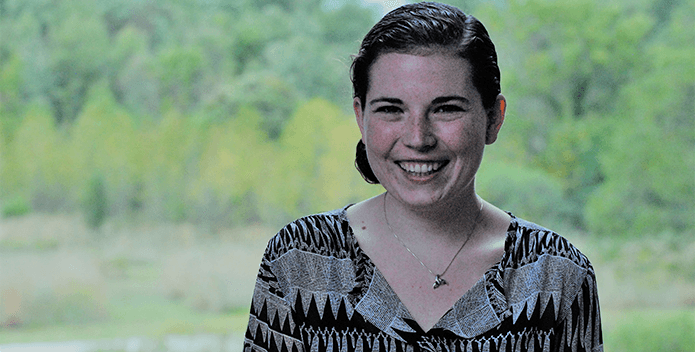
No Drill, No Spill
27 Mar 2018 Episode 78 | 00:19:04In this episode, former CBF President Will Baker and CBF Litigation Fellow Brittany Wright discuss the dangers of offshore drilling and the current administration's plan to put the Chesapeake Bay at risk.
-
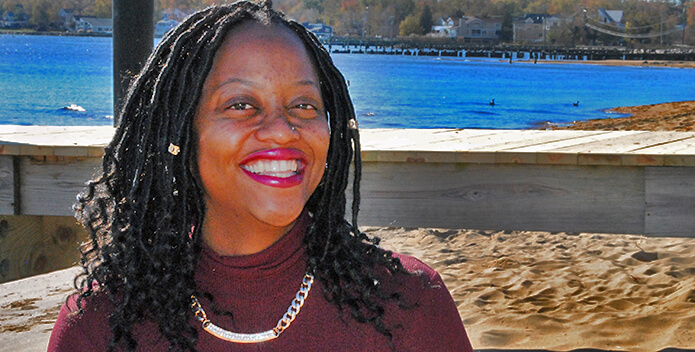
No Such Thing as a Free Lunch
19 Dec 2017 Episode 71 | 00:12:11In this episode, CBF President Will Baker talks with CBF Attorney Alayna Chuney about some new developments in the effort to reduce the harmful pollution coming from Baltimore City's Wheelabrator trash incinerator.
-
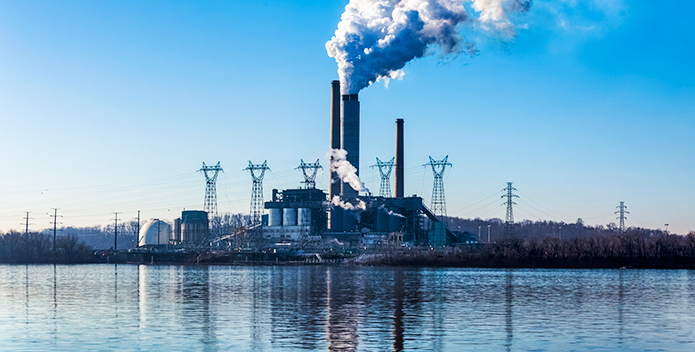
Up In the Air
11 Oct 2017 Episode 66 | 00:17:27In this episode, CBF President Will Baker talks with CBF attorneys Ariel Solaski and Alayna Chuney about recent litigation aimed at reducing the air pollution from neighboring states.
-

Environmental Justice
10 May 2017 Episode 55 | 00:25.50In this episode, CBF President Will Baker and Litigation Fellow Alayna Chuney discuss the importance of a healthy environment for all.
-
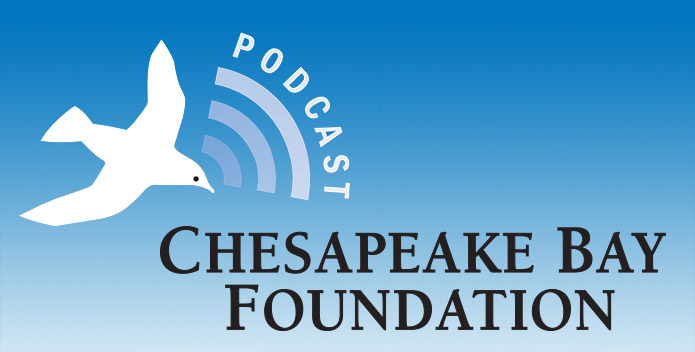
Supreme Court Denies Farm Bureau Attack
01 Mar 2016 Episode 25 | 00:11:26In this episode, CBF President Will Baker and Vice President for Litigation Jon Mueller applaud the Supreme Court's historic decision to uphold the legality of the Chesapeake Clean Water Blueprint.
-

The Ruling Is In: A Great Win for Clean Water!
07 Jul 2015 Episode 8 | 00:20:02In this episode, CBF President Will Baker and CBF Vice President Jon Mueller dicuss the just-in historic ruling in favor of EPA, the Chesapeake Bay Foundation, and other intervenors.
-

Something A Little Different
12 May 2015 Episode 4 | 00:11:23In this episode, CBF President Will Baker interviews Vice President for Litigation Jon Mueller about the litigation over the Chesapeake Clean Water Blueprint.

